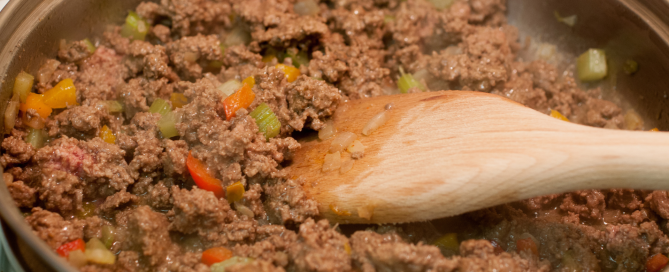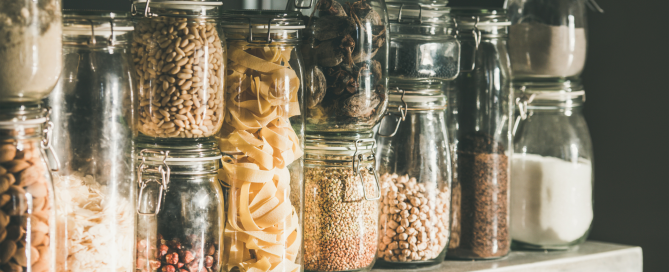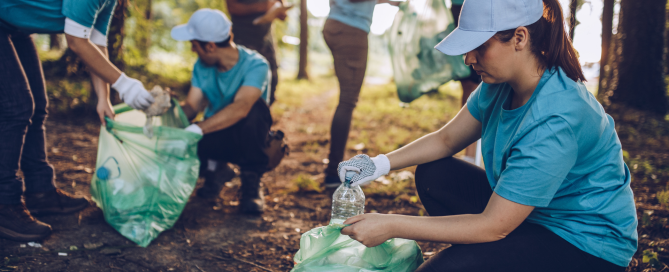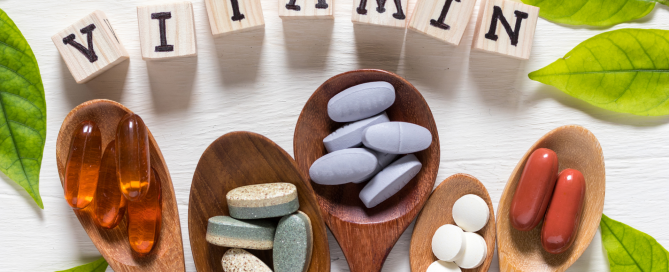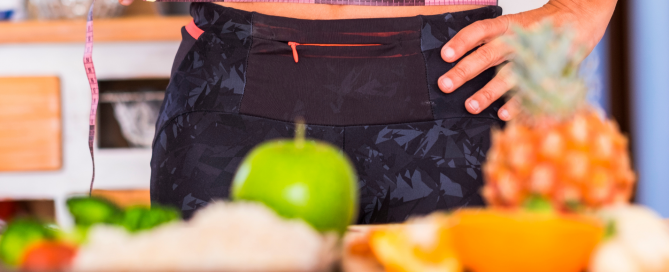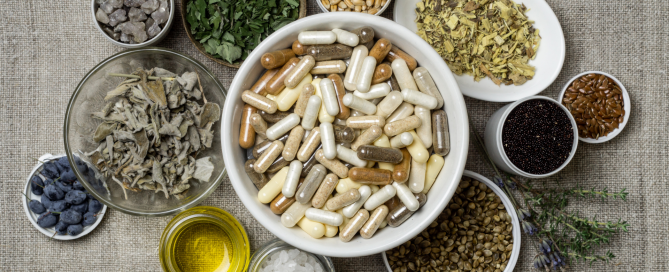A 15-Minute Mental Wellness Check-In
We all know we need to take good care of our mental health, yet so many of us neglect it. The National Institute of Mental Health estimates that 80 percent of Americans experience some sort of mental health concern at some point in their life. Yet less than half of us get any mental health treatment, leaving many of us feeling alone in our struggles.
We live in a world where distractions are all around us. When we began taking our mental wellness seriously, we made a commitment to incorporate meditation into our daily routine. Over time, meditation has become a normal part of our day. We pause to check in with our minds, take a breath, and then continue working or tending to other tasks.
We all get a little stressed out every day. In fact, stress affects approximately 90% of people at some point in their lives. The problem is that stress takes a toll on our health. It can make us gain weight, increase our risk of heart disease, and even decrease our longevity. The reassuring truth is that there are daily steps you can take to lighten your load and find a bit of tranquility, whether it means strolling in the fresh air, connecting with friends, immersing yourself in hobbies, or treating yourself to revitalizing experiences like facials –look for “facial spa near me” to locate nearby clinics — or massages.
What are the 15 minutes for my test?
A 15-minute mental wellness check-in can help you stay on track with your mental and physical health. Staying healthy can be hard, but these tips can help you stay active and fit. Find a quiet place or time to practice your mindfulness meditation. See what your mind tells you about your body, emotions, and environment. What can you observe?
The 4 Pillars Of Health
- Exercise – Exercise is good for your health; research shows that it also helps your brain. It can strengthen the connections that ensure our thoughts are organized, meaning your brain works better overall.
- Sleep – Sleep, like everything else, is something that should be taken seriously. A lack of sleep can have serious implications for your health, both physical and mental, and is one of the top reasons employees report missing work. If you are among one of those employees, then looking for sleep-inducing supplements such as CBD could be worth your interest. You can either Order Concentrates Online or from a local dispensary. If required, you can also talk to a medical physician about the same.
- Nutrition – Food should be used to nourish our bodies, giving us the energy to live our lives to the fullest. But, too often, we fill our plates with processed food loaded with sugar and fat. Even when we take the time to cook healthy, Whole Food, real food, many of us don’t take the time to eat properly.
- Mood – Although our mind and body are connected, when we’re not feeling our best, it impacts our mental health, and it can be difficult to identify when you need a little break. Even those suffering from anxiety can find it hard to see beyond their worries and even harder to know when their problems are affecting their mood. That’s why it’s important to check in with yourself occasionally. If you find yourself absorbed in overwhelming thoughts of life, then try talking to your loved ones to let out some stress. Alternatively, you may consider making use of weed to blow off the steam a bit. This could help. But before trying it out, consult a healthcare expert to learn if it could offer effective results. Once you get the go-ahead from him, locate a dispensary that can offer “weed delivery near me” to buy the products.
Sometimes life throws us a curveball, and we need time to step back and regroup. Whether it’s from a sudden illness, the death of a loved one, or a painful breakup, it can be hard to keep our perspective during this difficult time.
When was the last time you really sat down and thought about your mental state-whether you felt anxiety, depression, stress, or even thoughts of suicide? If it has been a while, it’s absolutely worth taking a few minutes out of your daily routine to do a mental wellness check. This 15-minute check-in will help you identify whether you would benefit from a little help from your close friends, family, or a professional.
To make your mental state better, it is important to take care of yourself. Find ways to relax and take time for yourself. It is also important to practice self-care by eating healthy, exercising regularly, and getting plenty of sleep. Additionally, CBD products use can also be a part of a self-care regimen as they tend to reduce stress and anxiety, improve sleep, and provide other health benefits. You can shop eddies edibles (or a similar brand of your choice) from a reputed and trusted dispensary.
Sometimes it’s hard to find time to take care of ourselves-but it’s especially important to do so for mental wellness. So, for 15 minutes, set aside some time to check in on how you’re feeling physically, mentally, and emotionally. Practice this self-care technique on a regular basis.
One of the hardest things to do when managing chronic illness is to maintain a positive mindset. It can be difficult to maintain an optimistic outlook when your body is in pain, or your mind is preoccupied with your diagnosis, treatment, or day-to-day activities. And if you need to balance multiple chronic illnesses or co-morbidities, your struggles can feel multiplied.
A 15-minute mental wellness check-in could facilitate a more productive day, which improves your physical and mental well-being. Don’t let worry keep you from living-worrying wastes so much time. Negativity has a way of ruining everything. So, start thinking positive, commit to thinking positive, and, before you know it, your mindset will magically follow.

